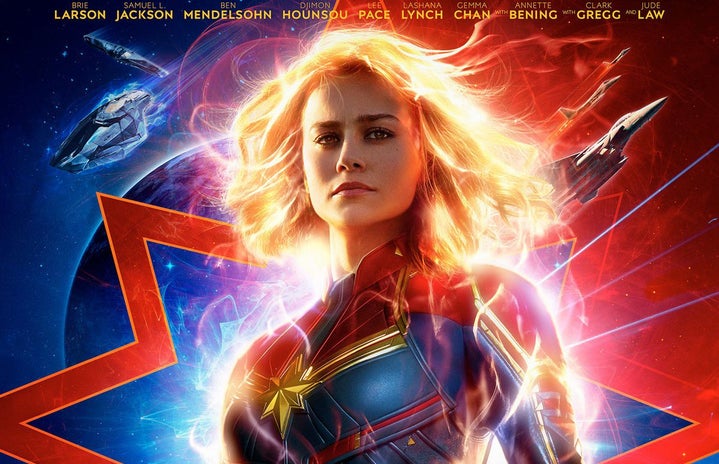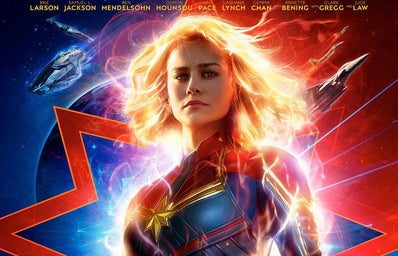With the finale of WandaVision, the MCU has officially kicked off Phase Four of its movies. And, with some more female-led movies and shows on the way, it’s time to look back and see how women have been portrayed in the MCU.
Phase One started back in 2008 with the hit movie Iron Man, which featured Gwyneth Paltrow as Pepper Potts, Tony Stark’s eventual long-term love interest and CEO of Stark Industries. During this era of Marvel, women on the screen tended to act as love interests to the male heroes, giving them encouragement from the sidelines. While necessary to the plot (and to hold my interest), Pepper Potts and Jane Foster (Thor) were not considered to be heroes.
And then, enter the Black Widow. The first full-fledged female superhero we saw on the screen, Natasha Romanoff became an important part of the Avengers, serving the double role of a human amongst gods and a woman in a boy’s club. While it’s a big step in the right direction, she is only going to be receiving her own movie in the coming months. Is it enough to have a woman on-screen without giving her her own independent voice?
Phase Two of the MCU continued in a similar fashion. While there were more women on the screen, such as Gamora in Guardians of the Galaxy, none held a principal role as a movie’s titular hero. TV series’ gave us slightly more female-led content, such as Agents of Shield and Agent Carter featuring new and old faces. And, excitingly, we would soon meet the heroine we have all grown to love, Wanda Maximoff, in the movie Age of Ultron. But in that same movie, we see another faux pas. While our first female superhero Black Widow is given more screen time and character depth, it does so in a way that ties her identity to her ability to bear children. Was their point that a woman who was a mother could not be an assassin? Or that you could only be truly good if you fulfilled a biological role? Was this necessary to the storyline, or was it just a way to place her back into the traditional feminine role?
Hard to say, but it’s a part I will never truly understand.
Phase Three was better and finally, true female-led movies began to arrive. The 2018 release Ant-Man and the Wasp followed by Captain Marvel in 2019 both included women as the stars. And, even in movies led by male heroes, women had a more prominent role. Black Panther starred Wakandan heroes such as Shuri and Okoye, and the climactic ends of the MCU’s first phases Infinity Wars and Endgame gave us scenes with multiple badass ladies.
But even as more female-led movies were released, there was uproar in the fan community. Captain Marvel (and her actress Brie Larson) was especially criticized for her lack of a smile and the movie was considered to be a failure by many diehard fans. I agree that it is no cinematic masterpiece: no superhero movie is. However, only this movie was treated in such a way, while other standard action moves were allowed to exist in peace (provided they were led by men).
Phase Four is looking up, as we come down from the high of WandaVision and prep for the upcoming Black Widow and Captain Marvel 2. But, I still find myself asking, where’s the rest? Why do I sit looking forward to a few crumbs while movies led by male heroes have existed for years? We should celebrate the existence of more women on our screen and still remember how long it took.

Will I go support the movies and shows led by women? Absolutely, yes.
Will I partly do so because I’m afraid that if female-led movies don’t do well then they will no longer be made? Also yes.




